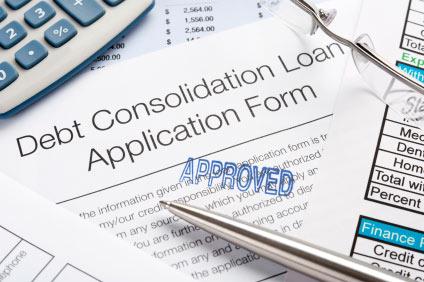 Student Loan consolidation is one of the most common methods of tackling with burgeoning student debt. When considering whether you should consolidate your student loan you need to understand whether the loan you have obtained is of a federal or private nature.
Student Loan consolidation is one of the most common methods of tackling with burgeoning student debt. When considering whether you should consolidate your student loan you need to understand whether the loan you have obtained is of a federal or private nature.
Federal loans are those provided by federal and government institution whereas a private loan is provided by private lending companies or banks.The consolidation of the two is dealt with in a different manner.
Private Student Loan Today
Statistics show that Private student loans are increasing at a 25% rate every year. The government has attempted to curtail this problem of outrageous inflation by increasing federal funding for personal loans.
This move however may not be as effective as believed because the rate of growth can only be increased by a relative but constant increase in the amount of federal loans provided every year.
Consolidating Your Private Loans
Consolidating any loan refers to combining multiple smaller loans into a complete mass amount which is repayable to a single lender to lower monthly payments spread out over a considerable amount of time.
You need to understand that private student loan consolidation works a little differently than federal student loan consolidation.
The interest rate that you will ultimately have to deal with and whether or not you are even eligible for student loan consolidation depends on your credit score. While the credit score is important, it is not a major factor when it comes to federal student loans.
If your credit score is high then chances are that you’ll be paying a lot less interest as compared to federal consolidated loans. It may mean the complete opposite if you have a poor credit score.
How to Consolidate?
Consolidating a private student loan will require some effort on your part. You will need to reach out to your original lender and make it clear that the current payments are difficult for you to manage.
Since lenders always want their money back, they are usually open to discussing newer terms with you and consolidating your loan.
If you have multiple private lenders then you can reach out to either one of the lending institutions and ask them whether they would be willing to pay off the others for a larger account with you.
Alternative Methods
For people who are not legible for consolidation or are unwilling to consolidate, there are always alternative methods they can use. The following methods however are a little more complex than consolidation and may lead to a higher interest rate and ultimately higher repayment value on maturity.
Some students may look to obtaining a private loan and paying these loans off. This may however lead to a higher interest rate and may not have the same repayment period as a consolidated loan. 
Another alternative method of repayment is shifting the amount to a credit card. Understand whether this may lead to any befits because transfer rate of 3-5% may deem this step redundant by making the repayment value the same as before.
Credit card promotional rates come with an expiry date and if you haven’t been able to take care of the debt within that period, you may find yourself suddenly facing higher values of repayment than you were expecting.,
Student Loan repayment can be approached in a million ways but so far the most popular and even effective method is that of private consolidation.
Sources
http://www.investopedia.com/university/student-loans/student-loans8.asp
http://www.forbes.com/2009/04/15/student-loans-moneybuilder-personal-finance-consolidate.html
http://www.finaid.org/loans/privateconsolidation.phtml

